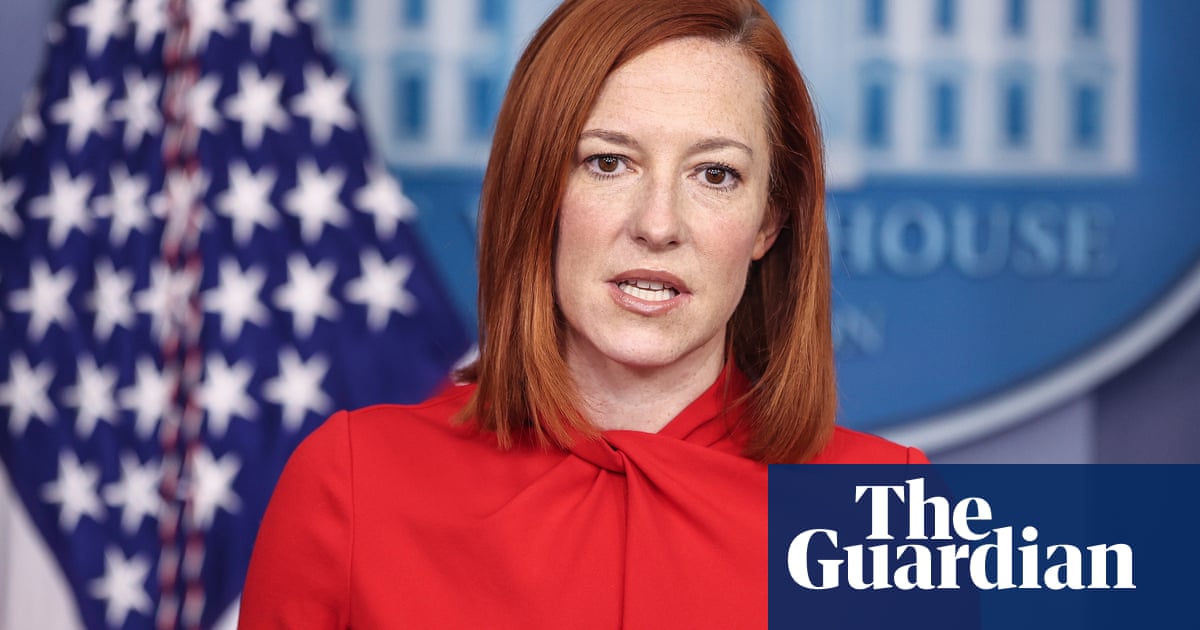
Pack the right card
If you can’t face applying for a new bank account or credit card or are running out of time, at least check the overseas charges that apply to your card before you set off, so you know what the deal is and can adapt your behaviour if necessary.
The personal finance app TotallyMoney this week published research on the best cards for overseas purchases and cash withdrawals. On debit cards, those topping the table in both categories included Chase (the UK arm of the US bank JP Morgan) and Starling Bank, neither of which will charge you for using your card abroad.
It also highlighted HSBC’s Global Money account, which is a fee-free travel money card available to UK current account holders who use the bank’s app.
On credit cards, Barclaycard Rewards and Halifax Clarity were among the top scorers, with no fees when used abroad.
TSB did not fare well: its debit card users will pay a £1 charge plus 2.99% of the price paid every time they pay for something outside Europe. Make a £50 purchase and £52.49 will be deducted from your bank balance, says TotallyMoney.
TSB is one of the few banks that applies a foreign currency purchase fee (in TSB’s case, £1) on each transaction outside Europe, in addition to a currency conversion fee when you buy something in anything other than sterling. Most big banks impose the latter, usually 2.75% to 3%.
However, TSB points out that you won’t pay the purchase fee if you have a Premier or Platinum account, and that its Spend & Save Plus account doesn’t impose any overseas charges, but does have a £3 monthly fee.
Other options that TotallyMoney liked included the travel debit card Currensea. You sign up, connect your existing bank account and pay with the Currensea card, though you are spending directly from your current account. There are three price plans, including one called Essential with no annual fee – the other two are £25 and £120. RJ
Get a good deal on cash
Some holidaymakers never take any foreign currency with them – they rely on their credit/debit cards and use ATMs to get out cash if necessary. Others like the security of having some local cash in their wallet or purse before they go abroad. If you are in the latter camp there are some general dos and don’ts.
Don’t pop into your local bank to get some currency – a bank is nearly always one of the most expensive places to change money. And avoid using an airport exchange desk unless you are really desperate: the “walk-up” exchange rates at airport bureaux de change are notoriously poor.
Check out travel money bureaux at supermarkets and retailers such as Waitrose and Marks & Spencer, as they are often pretty competitive.
A useful starting point is the Travel Money Max website run by MoneySavingExpert.com, which lets you put in your postcode to find the best deal. It will give you various options and show you what you would get after all charges.
We used the site this week to see who was offering the best deals for £500 of Turkish lira for a trip in just over a week’s time. When we opted for delivery, the Currency Club came out top, with Waitrose and John Lewis not far behind. On collection – we opted for somewhere within two miles of our London King’s Cross office – Thomas Exchange UK (which has a number of bureaux around the city) offered the best value. Again, Waitrose and John Lewis ranked highly. RJ
Pay in local currency
When you’re settling a bill in a restaurant or withdrawing money from an ATM overseas you may be offered the option of paying in sterling rather than the local currency. Say no. These dynamic currency conversions are typically worse value than your bank’s exchange rate, so you will lose out. HO
Don’t bust duty-free allowances
Since 2021, there have been limits on how much alcohol and tobacco you can bring back from Europe duty-free, as there are when you come back from non-EU countries.
When entering the UK, you are allowed 42 litres of beer, 18 litres of still wine, and four litres of spirits or strong liquor over 22% ABV. You are allowed 200 cigarettes or 250g of tobacco. You can bring back other goods worth up to £390 (or up to £270 if you arrive by private plane or boat). This includes electronics or other similar items. If you go over the £390 allowance you pay tax and duty on the total value of the goods, not just the value above the allowance. You may have to pay import VAT and customs duty.
Martyn James, a consumer rights expert, says: “If you buy things at the airport or ferry terminal as you leave the country, you are technically taking things out of the country so this doesn’t count – unless you bring it back … On the way back, the limits would apply.”
He adds: “Say you have 4 litres of vodka in your bag and 200 fags, then you buy another vodka and more fags at the duty-free at the airport, you are over the limit. Buying at the airport doesn’t give you extra powers to beat the limits … You also can’t share your allowances with other passengers.” SM












